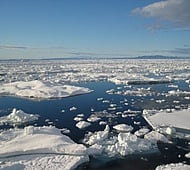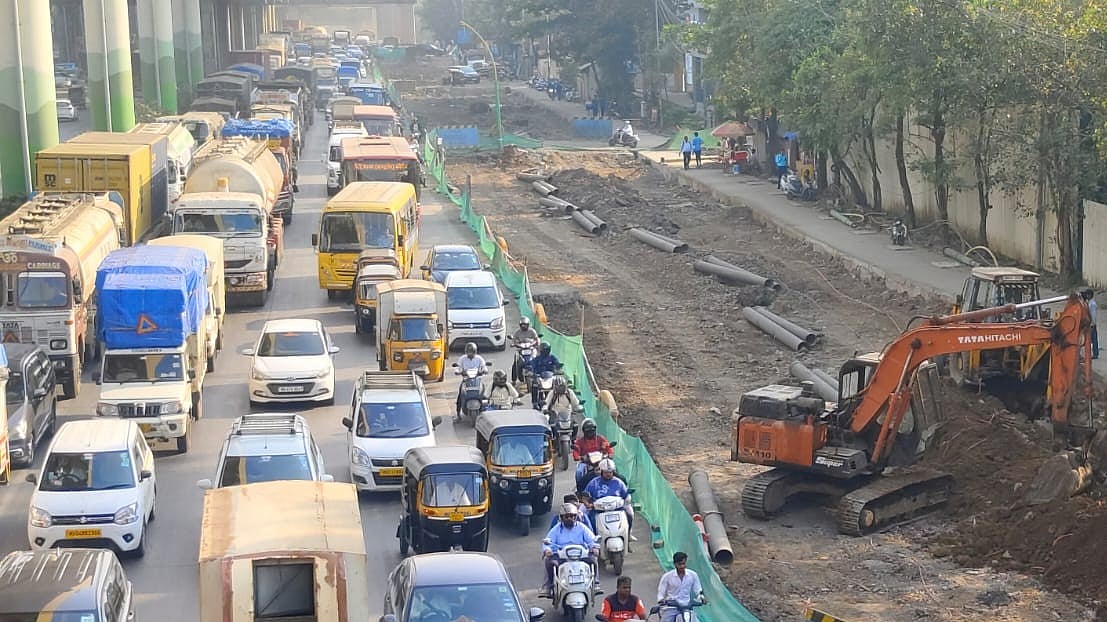New York: River ice cover will decline by about six days for every one degree Celsius increase in global temperatures, leading to economic and environmental consequences, says a new study. According to the study, published in the journal Nature, more than half of Earth’s rivers freeze over every year. These frozen rivers support important transportation networks for communities and industries located at high latitudes.
Ice cover also regulates the amount of greenhouse gasses released from rivers into Earth’s atmosphere, the study added. “We used more than 400,000 satellite images taken over 34 years to measure which rivers seasonally freeze over worldwide, which is about 56 per cent of all large rivers,” said the study’s lead author Xiao Yang from the University of North Carolina, US.
“We detected widespread declines in monthly river ice coverage. And the predicted trend of future ice loss is likely to lead to economic challenges for people and industries along these rivers, and shifting seasonal patterns in greenhouse gas emissions from the ice-affected rivers,” Yang said.
The researchers also looked at changes to river ice cover in the past and modelled predicted changes for the future. Comparing river ice cover from 2008-2018 and 1984-1994, the team found a monthly global decline ranging from 0.3 to 4.3 percentage points.
According to the researchers, the greatest declines were found in the Tibetan Plateau, eastern Europe and Alaska. “The observed decline in river ice is likely to continue with predicted global warming,” the study explained.
For the future, the research team compared expected river ice cover through 2009-2029 and 2080-2100. The study’s findings showed monthly declines in the Northern Hemisphere ranging from 9-15 per cent in the winter months and 12-68 per cent during the spring and fall.
The Rocky Mountains, northeastern US, eastern Europe and Tibetan Plateau are expected to take the heaviest impact, the study said. “Ultimately, what this study shows is the power of combining massive amounts of satellite imagery with climate models to help better project how our planet will change,” said study researcher Tamlin Pavelsky.









